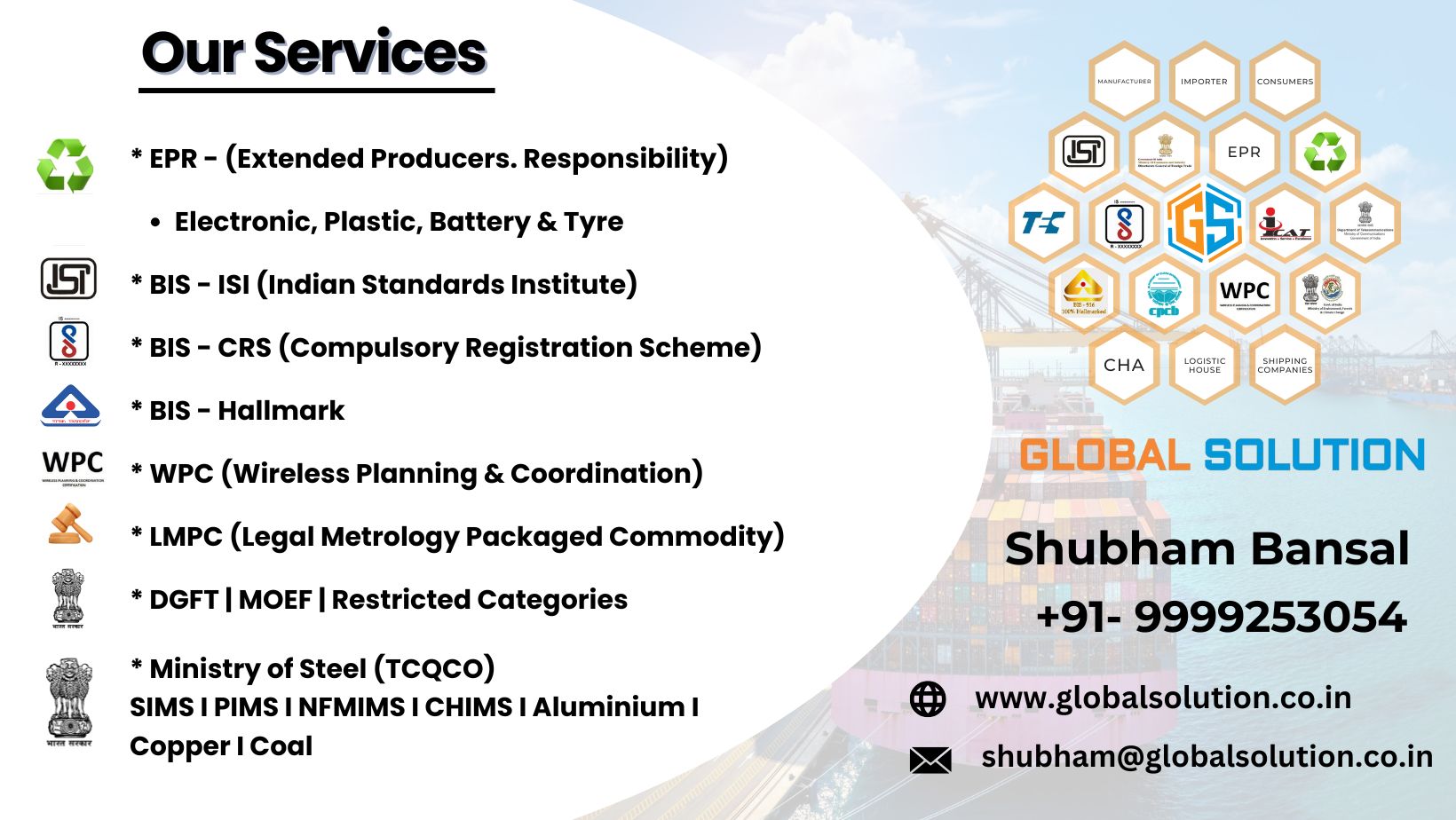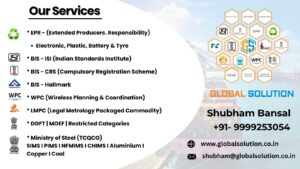First, describe what an EPR certificate is and why it matters.
Example:
“Essentially, Extended Producer Responsibility (EPR) is a significant government measure that obligates manufacturers, importers, and brand owners to cover waste disposal of their products. Here is a step-by-step process to apply for EPR certificate in India.
Step 1: Get to know the EPR guidelines
Discuss why it matters to know the rules and the regulations that can apply to different products (e.g. e-waste, plastic waste).
There are many environmental guidelines by the Ministry of Environment, Forest, and Climate Change (MoEFCC).
Apologize and provide a warning as to why corrections are important.
Step 2: Determine Eligibility
Detail what type of EPR certificate is required:
Manufacturers
Importers
Brand owners
Manufacturers of electronic or plastic products
Document Requirements – Step 3
Note the critical documents required:
Business registration certificate
GST certificate
PAN card
Information about products and its composition
Waste management plan
Step 4: Select an Authorized PRO or Consultant
Talk about their role in compliance, documentation, and applications.
Step 5: Apply
What is the process: Provide a short overview
Sign up on the government portal.
Provide all the requested details on the application form.
Submit fees and upload documents.
Verify and search for people’s approval.
Step 6: Renew and Comply
The EPR certificate needs to be renewed and annual reports have to be submitted for compliance.
Develop routine reporting obligations for waste management and recycling.
Tips for a successful application
Make sure that you have checked all the documents submitted.
Seek the assistance of a trusted consultant.
Be aware of policy changes and deadlines.



